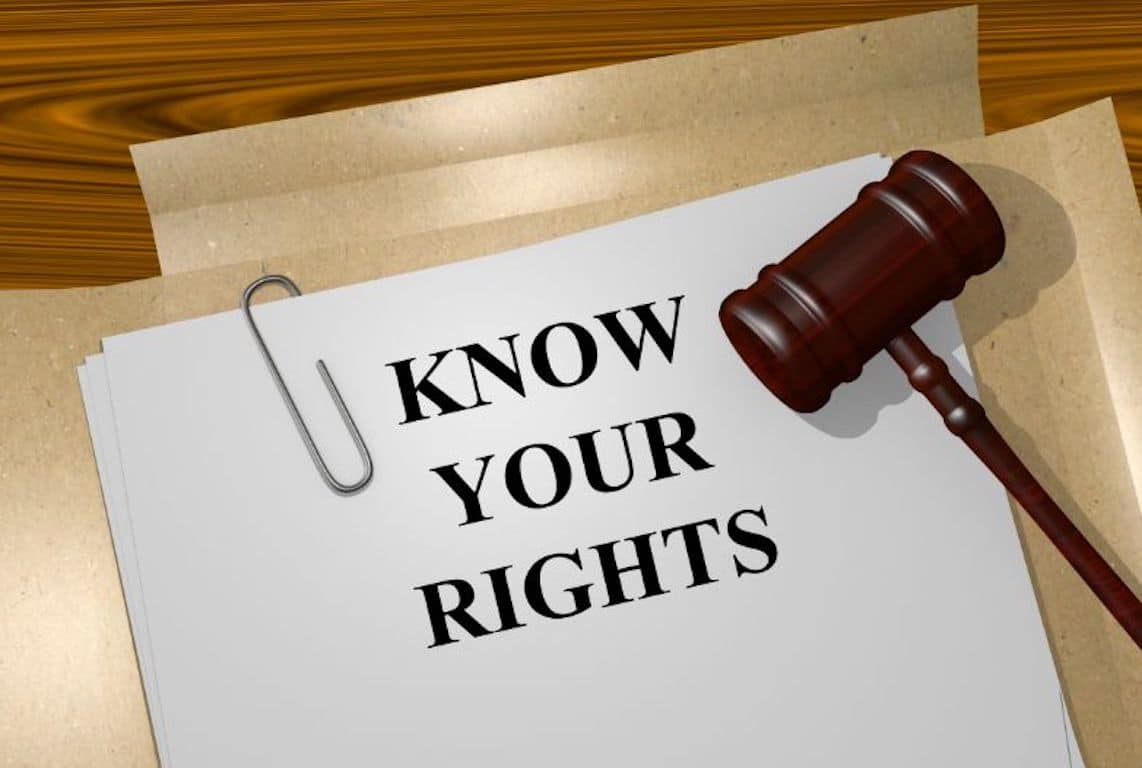Understanding Your Rights During An Arrest: What You Need To Know
Getting arrested can be a stressful and overwhelming experience, especially if you’re not aware of your rights. Whether it’s your first time being arrested or you have been through the process, it’s important to understand your rights to protect yourself and your legal interests. This blog post will cover some essential things you need to know about your rights during an arrest.
Your Right to Remain Silent
The most vital right you have during an arrest is to remain silent. You don’t have to answer any questions from the police, and anything you say can be used against you in court. If an officer tries to question you, you should tell them you want to remain silent until you have spoken to an attorney.
It’s important to understand that this right applies even if you have not read your Miranda rights. While the Miranda warning is required in certain situations, such as when a suspect is in custody and being interrogated, it’s not necessary for every arrest. Regardless of whether you’ve been read your Miranda rights, you still have the right to remain silent.
Your Right to an Attorney
Another crucial right you have during an arrest is the right to an attorney. If you can’t afford an attorney, one will be appointed for you. It’s essential to exercise this right as soon as possible, as having an attorney on your side can help protect your rights and ensure that you receive a fair trial.
You should tell law enforcement that you want to speak to an attorney, and they must provide you with access to one.

You Have The Right to Know Why You’re Being Arrested
When law enforcement arrests you, they must have a valid reason for doing so. You have the right to know why you’re being arrested and what charges you’re facing. If you need clarification on why you’re being apprehended, you should ask the officer for an explanation.
Knowing why you’re being arrested can help you understand the charges against you and not you must do to defend yourself. If you’re not sure about the charges, you can ask to see a copy of the arrest warrant or speak to an attorney.
Your Right to Refuse Searches
You have the right to refuse searches of your person or property during an arrest, but this right has some exceptions. For example, if law enforcement has a warrant to search your home, they can do so without your permission. Additionally, if you’re being arrested for drug-related offenses, law enforcement may be able to search without a warrant.
If you need to know whether you have the right to refuse a search, you should consult with an experienced attorney. It’s important to remember that consenting to a search can sometimes harm your case, so it’s best to be cautious and exercise your rights.
Your Right to Medical Attention
You have the right to receive medical attention if you’re injured during an arrest. Law enforcement must provide you with necessary medical care, and you should ask for it if you need it.
Additionally, if you have a medical condition that requires treatment, you should tell law enforcement as soon as possible. They must consider your medical needs when deciding about your arrest and detention.

Your Right to Remain Calm and Cooperative
While exercising your rights during an arrest is essential, it’s also important to remain calm and cooperative with law enforcement. Being belligerent or confrontational can escalate the situation and make things worse for you.
You should never resist arrest, even if you believe it’s unjustified. It’s crucial to remember that resisting arrest, even if you believe the arrest is unjustified, can have serious consequences. Not only can it escalate the situation and result in additional charges, but it can also put you and law enforcement in danger.
If you resist arrest, law enforcement may use force to subdue you. This force can be physical, such as handcuffing or tackling you or using a Taser or other non-lethal weapon. In some cases, law enforcement may be authorized to use lethal force if they believe their life or the lives of others are in danger.
Understanding your rights during an arrest is crucial for protecting yourself and your legal interests. By knowing your rights, you can assert them effectively and avoid making mistakes that could harm your case. If you’re ever arrested, remember to exercise your right to remain silent, to an attorney, to know why you’re being arrested, to refuse searches, to medical attention, and to stay calm and cooperative.
About the Author:
Andrew M. Weisberg is a former felony prosecutor who now serves as a defense attorney in the greater Chicago area. He has extensive experience handling all types of criminal cases, from sex offenses and domestic violence to retail theft-related crimes, murder, and drug crimes. His work has been recognized by Avvo, Expertise, National Trial Lawyers, and others, and he has been featured on countless news outlets for his experience and knowledge in criminal law.







 Blog Home
Blog Home 










